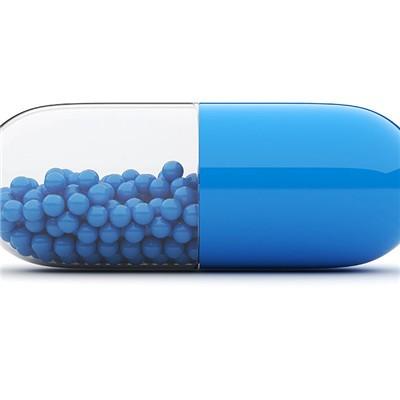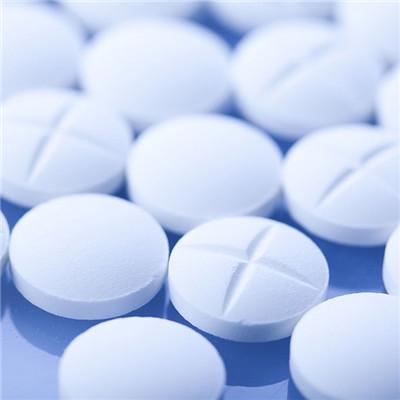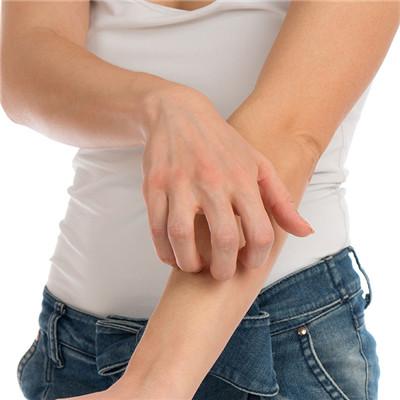The effect of Parkinson's disease
summary
Parkinson's disease effect? Parkinson's disease (PD) is a slowly progressive neurodegenerative disease. Due to the lesion of substantia nigra and striatum, it causes the lack of neurotransmitter dopamine and the decrease of neuromuscular activity, which is manifested as myotonia, akathisia, static tremor, slow activity, mask face, etc., and can be accompanied by changes in personality and emotion.
The effect of Parkinson's disease
One: general respiratory tract infection, fever will make the disease symptoms worse. Due to the low immune function, the patients often have colds, and are also prone to bronchitis, pneumonia, gastroenteritis, etc. the patients who are bedridden in the late stage completely lose the ability to take care of themselves, can't sit up independently, and even can't turn over on their own. At the same time, they are malnourished, and their skin is compressed, which often leads to bedsores. Prolapse pneumonia, aspiration pneumonia and heart failure are common complications of late stage patients, which can eventually lead to death.
Second: with the development of the disease, tremor, stiffness, coordination dysfunction, will gradually involve the motor function, when the foot meets obstacles, it is easy to fall, and even fracture and other injuries. Icy and rainy roads in winter, wet and smooth tile floors in toilets and bathrooms are dangerous places for patients with Parkinson's disease who are sluggish and unsteady. We should be extra careful to avoid falling.
Third: Parkinson's disease is characterized by tremor, rigidity, clumsy movements, and the lack of facial expression. Besides, the speech is ambiguous, the tone is single, the volume is reduced, and the mouth is watering, which makes the patient feel indecent. Psychologically, the patient often has a sense of inferiority, unwilling to participate in social activities, not going to public places, and neglecting interpersonal communication. In the course of treatment and disease development, insomnia, anxiety, depression and dementia can also be seen.
matters needing attention
The medical drug treatment of Parkinson's disease includes compound levodopa preparation, dopamine receptor agonist, anticholinergic preparation, monoamine oxidase inhibitor, etc. some patients can be treated with neuronuclear damage and point stimulation surgery. According to the patient's condition, choose the appropriate treatment plan, pay attention to rehabilitation training at ordinary times, Parkinson's disease is clear that there is no particularly effective treatment method, symptomatic Relieve, delay the progress of the disease, improve the quality of life of patients.











